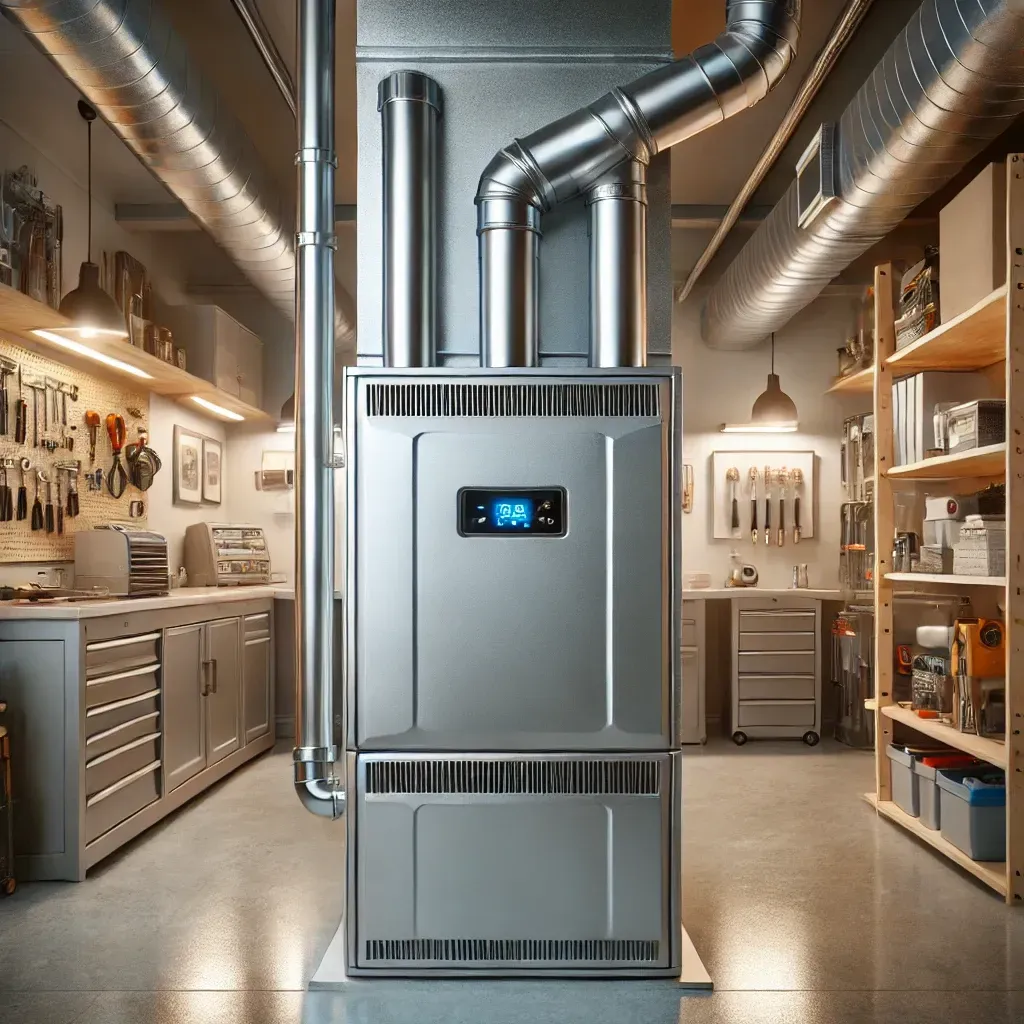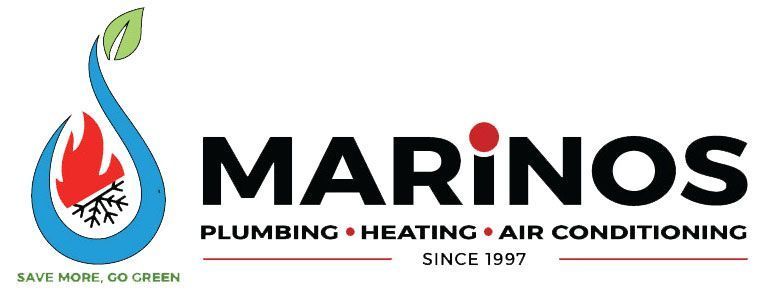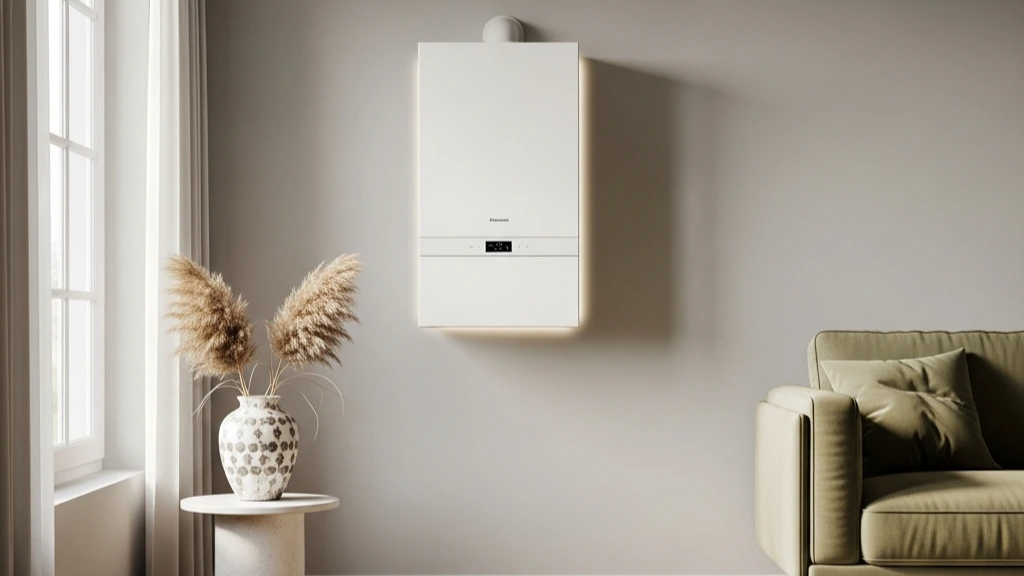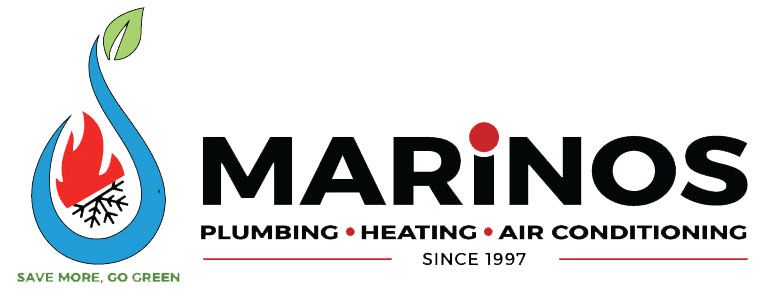Furnace Installation Costs: What Homeowners Need to Know
When it’s time to install or replace a furnace, understanding the cost to install a furnace is essential for homeowners. A furnace is a significant investment, and being informed about what influences pricing can help you make the best decisions for your comfort and budget. Here, we’ll break down the key factors, typical price ranges, and tips for saving money—all while ensuring quality service with AAA Marino’s Plumbing & Heating.

What’s the Average Cost to Install a Furnace?
The cost to install a furnace typically ranges from $2,500 to $7,500, depending on the type, size, and complexity of the installation. While these are general figures, the specifics of your home’s layout, energy needs, and local requirements will affect the final price.
Here’s a quick breakdown:
- Gas Furnace: $3,000 to $6,000 (including labor and materials)
- Electric Furnace: $2,500 to $5,500
- Oil Furnace: $4,000 to $7,500
- High-Efficiency Models: Add $1,000 to $2,000 to the base cost
At AAA Marino’s Plumbing & Heating, we offer transparent pricing with no hidden fees, so you’ll know exactly what to expect.
Factors That Affect Furnace Installation Costs
Understanding what impacts the cost to install a furnace can help you budget effectively. Key factors include:
- Type of Furnace
- Gas furnaces are efficient but may require a natural gas connection.
- Electric furnaces are simpler to install but may have higher operating costs.
- Oil furnaces are powerful but come with higher upfront costs.
- Furnace Size
- A furnace that’s too small will struggle to heat your home, while one that’s too large will waste energy. The right size depends on your home’s square footage and insulation.
- Energy Efficiency
- High-efficiency models (AFUE 90% or higher) cost more upfront but save money on energy bills over time.
- Ductwork Requirements
- If your home’s ductwork needs repairs or upgrades, this can add $1,000 to $3,000 to the overall cost.
- Labor Costs
- Professional installation ensures safety and efficiency. Labor costs typically account for 30-50% of the total price.
- Local Permits and Codes
- Your area may require permits, which can add a few hundred dollars to the project.
Why Choose AAA Marino’s Plumbing & Heating?
At AAA Marino’s Plumbing & Heating, we understand that furnace installation is a major decision. Here’s why homeowners trust us:
- Expert Technicians: Our certified professionals ensure a seamless and efficient installation.
- Custom Solutions: We assess your home’s unique heating needs to recommend the perfect furnace.
- Transparent Pricing: No surprises—just honest, upfront estimates.
- Energy-Efficient Options: Save money in the long run with high-performance systems.
- Exceptional Customer Service: We’re committed to your satisfaction every step of the way.
Tips to Save on Furnace Installation
- Choose Energy-Efficient Models
- While high-efficiency systems have a higher upfront cost, they significantly reduce energy bills over time.
- Schedule Off-Season Installations
- Avoid peak seasons (winter and summer) to potentially save on labor costs.
- Take Advantage of Rebates and Incentives
- Many energy providers and government programs offer rebates for high-efficiency furnaces.
- Maintain Your Furnace Regularly
- Regular maintenance by AAA Marino’s Plumbing & Heating can extend your furnace’s lifespan, delaying the need for replacement.
Get a Free Quote Today!
Ready to upgrade your heating system? Contact AAA Marino’s Plumbing & Heating for a free, no-obligation quote on your furnace installation. Our team will help you find the perfect balance of performance, energy efficiency, and cost-effectiveness. Call us today or visit our website to learn more!




